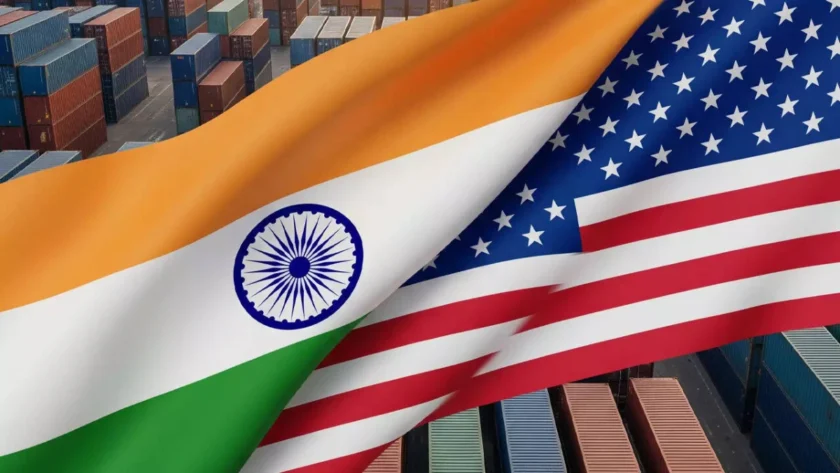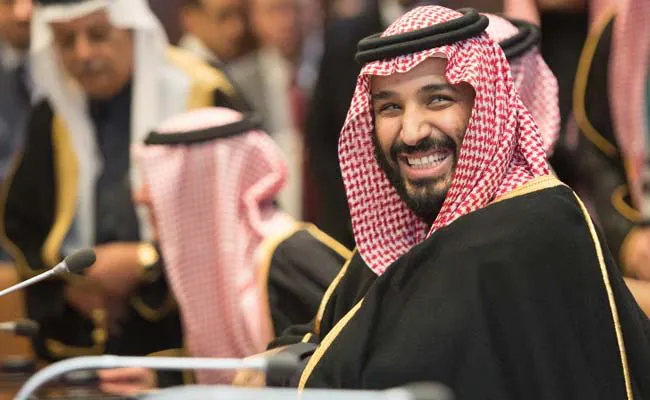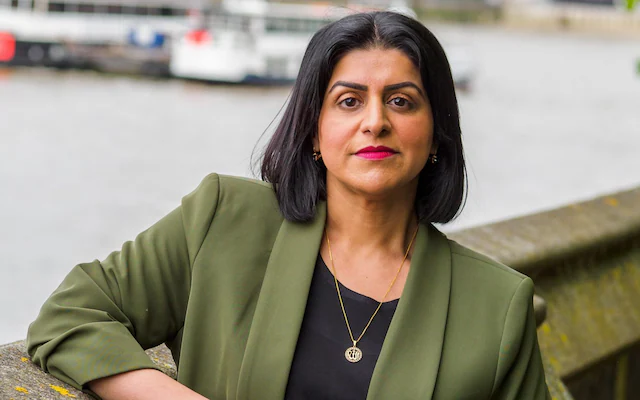CANADA – As Canada prepares to host the upcoming G7 Summit in Kananaskis, Alberta, a familiar and persistent voice has resurfaced, aiming to disrupt diplomatic norms: Sikh organizations in Canada are once again pushing a strong anti-India agenda, demanding that the Canadian government revoke its invitation to Indian Prime Minister Narendra Modi.
This renewed lobbying effort comes amidst a complex and often strained relationship between India and Canada. Despite these serious allegations, the Canadian Liberal government appears keen on fostering closer trade ties and improving relations with India – a stance that the Sikh community finds unacceptable.
G7 Invitees and Canada’s Silence on Modi
The G7 traditionally includes France, the United Kingdom, Germany, Italy, Japan, the United States, and the President of the European Commission. Beyond these core members, guest countries are also invited. So far, Australian Prime Minister Anthony Albanese has confirmed his attendance, and Ukrainian President Volodymyr Zelenskyy is also expected. While South African President Cyril Ramaphosa has been invited, his confirmation is pending. However, a notable silence from the Canadian government surrounds the question of whether Prime Minister Modi will ultimately be invited.

Relations between India and Canada have been under considerable strain since Nijjar’s assassination in 2023. This incident led to diplomatic expulsions and a significant chilling effect on bilateral engagement. Recently, there had been tentative signs of a thaw, with both sides indicating an interest in increasing trade and mutual cooperation. On May 25th, Canadian Foreign Minister Anita Anand held “meaningful discussions” with India’s External Affairs Minister, during which they reportedly discussed enhancing economic cooperation.
For the Sikh organizations, this is not merely about a G7 invitation; it’s a profound matter concerning human rights, criminal justice, and the voice of a diaspora community. They are unequivocally demanding that Canada prioritize human rights and insist on concrete cooperation from India in ongoing investigations.










